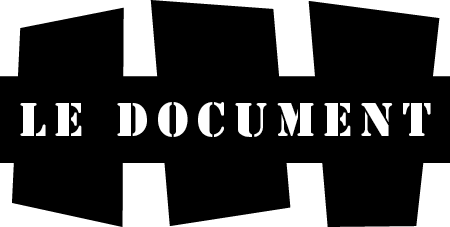W H Auden
Profile of the Month: W. H Auden
By Harry Pye
Wystan Hugh Auden was born in York in 1907. The third son of highly educated, upper middle class parents. His friend, Edward Mendelson said the young W. H. Auden, "grew up in a household in which the scientific inquiries of his father maintained an uneasy truce with the ritualized religion of his mother." Until he was fifteen he was expected to become a mining engineer, but his passion for words had already begun. He later explained; "words so excite me that a pornographic story, for example, excites me sexually more than a living person can do." Auden believed poetry was the clear expression of mixed feelings. And that a poet was, "a person who is passionately in love with language.”
In 1924 his first poem was published in Public School Verse. A year later he went to Oxford where he met Stephen Spender, who printed by hand the first collection of Auden’s poems. Upon graduating from Oxford in 1928, Auden, offered a year abroad by his parents, chose Berlin. It was in Berlin that he fell in love with the cabaret songs and plays of Bertolt Brecht. Auden wasn't a neat and tidy person and he described his own face as looking, "like a wedding cake that had been left out in the rain," but if you watch him recite his work on You Tube he comes across as charming and lovable. He didn't take himself too seriously. For example, he was happy to point out that his name was an anagram of "hug a shady wet nun".
What was unusual about W. H. is that he could appeal to both intellectuals and the ordinary reader. Auden was a very heavy drinker. But according to his friend Oliver Sachs, Auden didn't consider himself to be an alcoholic. His explanation was that, "An alcoholic has a personality change after 2 drinks, but a drunk can drink as much as he likes. " Though Auden was considered to be one of the three or four great poets of the 20th century he didn't become poet laureate because he decided to become an American citizen.
Because of its inclusion in the Hugh Grant movie, Four Weddings & A Funeral, Auden's best known poem is, Funeral Blues. ("Stop all the clocks, cut off the telephone,/ Prevent the dog from barking with a juicy bone,/ Silence the pianos and with muffled drum/ Bring out the coffin, let the mourners come.") Curiously the origins of this poem came from a work called, The Ascent of 56 which Auden made in collaboration with (his mentor and occasional sexual partner) Christopher Isherwood. Those in the know claim this poem began as an attack on an unpopular politician that had just died and was originally was full of sarcasm. Whatever the truth about this poem's beginnings, Auden ended up writing a beautiful poem that almost anyone who has been touched by grief will find moving. The lines in the second half ("He was my North, my South, my East and West") are a lovely way of saying someone meant the world to you. Auden once said, “There must always be two kinds of art: escape-art, for man needs escape as he needs food and deep sleep, and parable-art, that art which shall teach man to unlearn hatred and learn love.”
Image of train at speed from the documentary film Night Mail by the GPO Film Unit
I can't think of another poet who is as versatile as Auden. Bacteria, Rocks, The death of Sigmund Freud, The Musee des Beaux Arts, and the landing on the moon all inspired great works from him. When the Royal Mail commissioned Auden to write them a poem he came up with, Night Mail. (‘This is the Night Mail crossing the Border, Bringing the cheque and the postal order,’) It seemed he could turn his hand to anything. Auden believed that every poem, whatever it's actual content or overt interest, "Is rooted in imaginative awe. Poetry can do 101 things, delight, sadden, disturb, amuse, instruct - it may express every possible shade of emotion, and describe every conceivable kind of event, but theatre and the only one thing that poetry must do; it must praise all it can be for giving and for happening."



